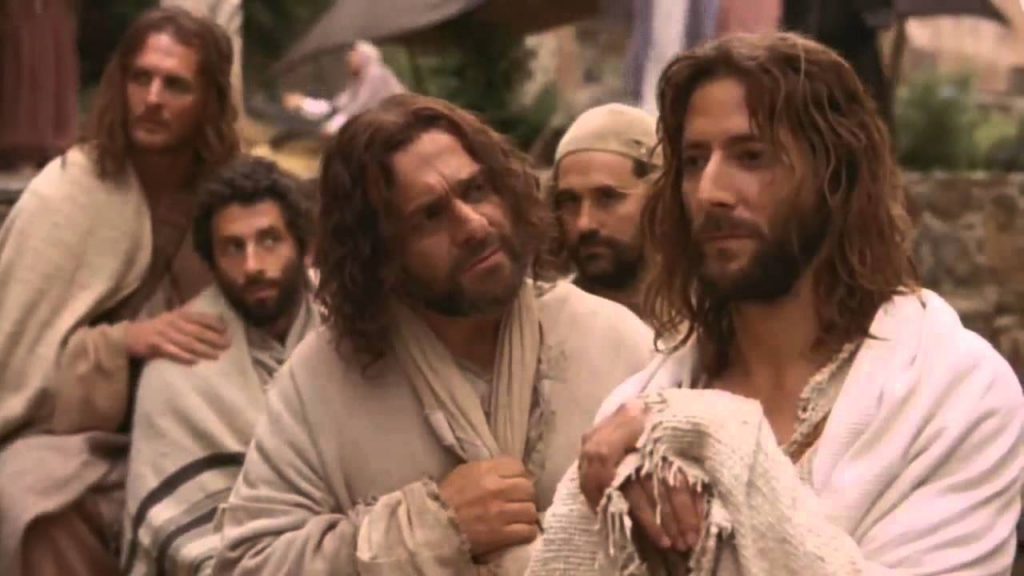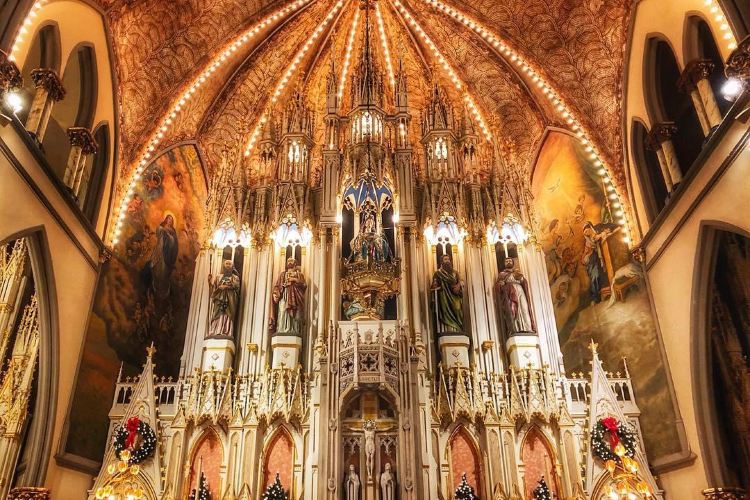What’s wrong with this sentence? Not grammatically, but spiritually and philosophically. “In future clashes between East Coast progressives and West Coast techno-libertarians, let them clash as brothers and sisters in Christ.”
First, it’s not “future clashes” we have to be concerned about, but present ones. Second, the clash is not between “East Coast progressives and West Coast techno-libertarians,” but between rational people and people that have departed from rationality and reality altogether.
Finally, it’s spiritually meaningless to write about “clashing as brothers and sisters in Christ.” Hardly two people in America can agree on what the word “Christ” means anymore, except as a profanity. And if the author were referring to Jesus, would Jesus want people to clash in some Hegelian thesis/antithesis/synthesis way? Hell no.
Which brings me to the central question of this column. Can we have a true insight into what happened to Jesus?

As an unfortunate point of reference, I watched, on a friend’s insistence, all three excruciating hours of the film, “The Gospel of John.” I don’t want to do an exejesus (sorry, exegesis) of the movie, which has excellent ‘production values’ but lamentable spiritual values.
Suffice to say that the film portrays Christianity’s Jesus — “The Son of God.” Even before I left my teens I felt that depiction was blasphemous. And mystical experiencings since have convinced me that Jesus would have recoiled at his divinization.
The movie leans hard into Jesus as not just shepherd, but also the sacrificial lamb, who knew all along what his fate would be, just as an omniscient God would have.
That’s poppycock of course, since not even God knows everything that’s going to happen. Omniscience is a hubristic human projection; it doesn’t exist anywhere in the universe, or beyond it.
With respect to “The Gospel of John,” it conveniently leaves out two compelling events from the Gospels that have the ring of truth.
The first is that when Jesus went to the Garden before being arrested, he was in such anguish that he actually dripped blood from the stress of the torturous death he then foresaw. The medical term for it is hematohidrosis, which “occurs in individuals suffering from extreme levels of stress, when multiple blood vessels around the sweat glands constrict under the pressure of great stress.”
Christians have all kinds of clever ways of getting around it, but the simple question is: Why, if Jesus knew from the beginning that he was to be crucified, and possessed anything like the prior equanimity portrayed in the movie, would he sweat blood?
He wouldn’t, and that’s why the film didn’t include it. The dodge that Jesus was also human was downplayed to the point of almost being written out of the script in “The Gospel of John.”
Also conveniently left out are some of Jesus’ last words on the cross: “My God, my God, why have you forsaken me?”
Two years ago, in dialogues with Trappist monks at New Clairvaux Abbey north of town, I asked the group in general and the most erudite monk in particular: Do you really think Jesus said that?
They all, including the very knowledgeable monk, said yes. I replied, do you realize what that means? Doesn’t it mean Jesus himself didn’t understand what went wrong, and yet took it back on himself?
Needless to say, the monks, which are among the strictest in the Catholic tradition (they pray six times a day, starting at 3:30 am in a restored 12th century chapel built within a new church), didn’t agree with this insight. But to their credit, they didn’t treat me like a heretic either, and simply respectfully stated their views.
We agreed that a mystic’s understanding of Jesus is often quite different than a monk’s.

My criticism of the Roman Catholic Church (literally, the fusion of the power of Rome with a few pared-down gospels and a group of privileged bishops at the Council of Nicaea) runs much deeper.
In the decades following Jesus’ crucifixion, there were all manner of interpretations of what happened to him. The emerging religion of Catholicism settled on the easiest one: Jesus was meant to die on the cross for our sins, and he knew it from the beginning.
I don’t buy it, and neither should any thinking/feeling person.
We need to make a sharp distinction between religionists, who uphold belief systems and organized religions, and religious people, which are more often found outside of churches, synagogues and mosques than inside them.
Jesus’ last words are a riddle, but one not so difficult to solve if Christian intellectuals (often an oxymoron) don’t insist that “All the varieties of religious experience, wonderful and terrifying and inscrutable, should be interpreted in the light of one specific history-altering experience: a divine incarnation, a baby crying beneath a pulsing star.”
Martin LeFevre
“The Gospel of John”:

